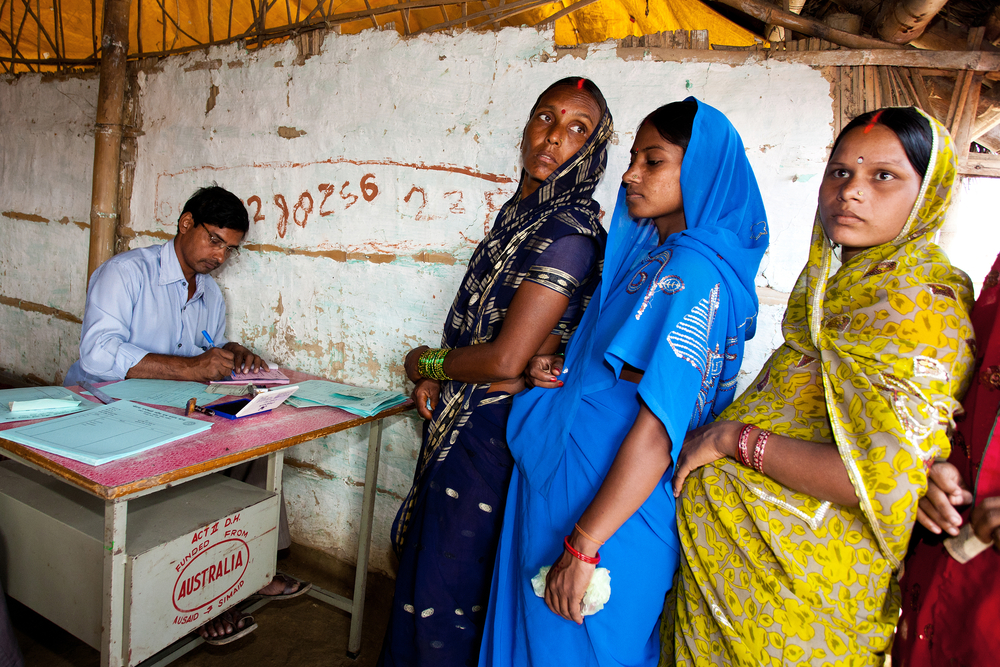Rural healthcare facilities in India received 30 per cent fewer cardiac emergencies, the World Health Organisation said in a global survey released on Monday, outlining how the coronavirus pandemic has disrupted prevention and treatment services for non-communicable diseases (NCDs).
The survey covering 155 countries and completed over three weeks in May has also suggested that since the coronavirus disease outbreak, people living with NCDs have become more vulnerable to becoming severely ill or dying from Covid-19, the WHO said.
The most common reasons for discontinuing or reducing the NCD healthcare services were cancellations of planned treatment, a decrease in public transport services and lack of healthcare staff because they were assigned to Covid-19 services, the global health agency said.
The survey has found NCD services disrupted in 120 countries. Around 49 per cent of countries have disrupted services for diabetes and diabetes-related complications, 42 per cent for cancer treatment, and 31 per cent for cardiovascular emergencies, the WHO said.
“The results of this survey confirm what we have been hearing from countries for a number of weeks now,” Tedros Adhanom Ghebreyesus, the WHO director-general said in a statement.
“Many people who need treatment for diseases like cancer, cardiovascular disease, diabetes have not been receiving the services and medicines they need since the Covid-19 pandemic began. It is vital countries find innovative ways to ensure that essential services for NCDs continue even as they fight Covid-19.”
In India, 30 per cent fewer cardiac emergencies reached health facilities in rural areas compared to the previous year, the WHO said in a presentation describing the findings. In the Netherlands, the number of people newly diagnosed with cancer dropped by 25 per cent under the nation’s lockdown.
An independent study by a senior WHO researcher had found last month that India’s number of tuberculosis patients registered weekly had dropped by a precipitous 75 per cent during the first three weeks of the lockdown.
Health experts said they are not surprised by the sharply lowered requests for cardiac emergencies in rural healthcare facilities and point out that independent observations and anecdotal accounts have suggested large-scale denial of healthcare services.
“This has happened across all essential health services – NCDs, immunisation, tuberculosis,” said T. Sundararaman, a community medicine specialist and former director of the National Health Systems Resource Centre, a unit of the health ministry.
“The absence of public transport was one reason. But the government asked the private sector to shut shop, many facilities closed down, fearing the infection, and staff was reassigned to Covid-19 duties” Sundararaman said. “Many essential health services have been widely disrupted.”
In one in five countries (20 per cent) that reported disruptions of services, shortages of medicines, diagnostics and other equipment were among contributing factors. The WHO said the findings are significant because people with NCDs are at higher risk of Covid-19 illness and death.
A senior WHO official told The Telegraph the survey relied in information provided by the health ministries of countries covered by the survey. More than 50 per cent of the countries public screening programmes for breast and cervical cancer were postponed.
Some countries have introduced alternative strategies such as teleconsultations. India’s health ministry has also encouraged the healthcare establishment to adopt teleconsultations but doctors point out that these cannot replace essential healthcare services, including for some NCDs.











